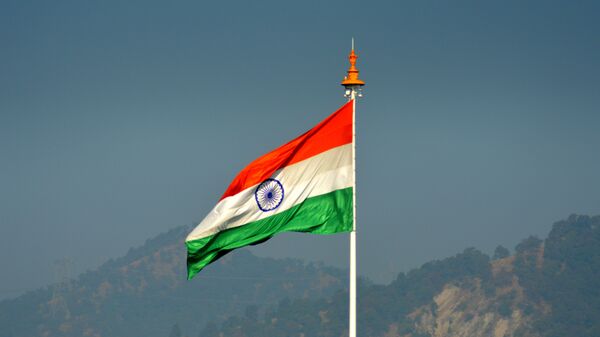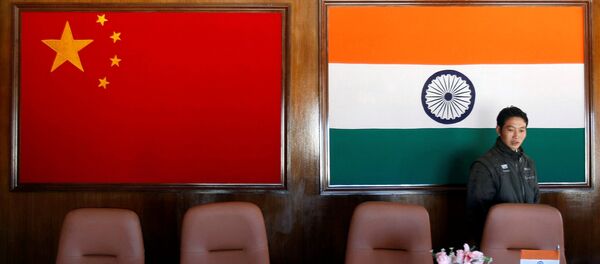New Delhi (Sputnik): The Indian government has at least three major foreign policy challenges before it during Prime Minister Narendra Modi's second five-year term in office, the most significant of which being its relations with the US, according to former Indian envoy K.P. Fabian, who has been ambassador to Italy and permanent representative of India at the UN.
Responding to US President Donald Trump's recent move of withdrawing the Generalised System of Preferences (GSP) trade status given to India three decades ago, ex-Indian Ambassador Fabian said it is high time New Delhi sent out a firm message to Washington to stop applying sanctions to third-party countries. If it refuses to do so, it should compensate adequately.
READ MORE: Modi's Look-East Strategy at Oath-Taking Marks Indian Policy Shift — Analyst
Sputnik: There has been no breakthrough in talks on signing a comprehensive trade package between India and the US. Why has the latter also announced the withdrawal of the GSP trade status given to India 30 years ago?
K.P. Fabian: President Trump has taken the decision to take India off the GSP [trade] system. Well, that was to be expected because that is Trump's way of doing things. This is an immediate challenge that our government has to deal with and is a cause of concern. It is putting the US-India trade relationship under a lot of strain.
K.P. Fabian: On the question of importing oil from Iran, I think it is high time India told the United States that it is one thing to impose sanctions on Iran, but certainly a different thing to say that no one else shall deal with Iran. It is high time India told the US that either "you stop applying the sanctions, or you compensate us for our economic costs".
READ MORE: Pakistan Has to Accept Talks and Terror Can’t Go Together — Ex-Indian Diplomat
Sputnik: Apart from the US, what are the other challenges existing before India's new external affairs minister?
K.P. Fabian: There are three major challenges. The US being one; the other two relationships that India needs to manage are obviously Pakistan and China. As far as China is concerned, we have to be sort of blunt about it. There have been talks of the "Wuhan Spirit", but as a matter of fact this spirit exists only in words, not in deeds. With Pakistan, the question before the Indian government is what it wants Islamabad to do. New Delhi has taken the position that terror and talks cannot go together. It is time now for it to make a slight adjustment and open talks with Islamabad. Whether this is done initially through the back channel, this is a matter of detail. Let us see what happens or does not happen at the G-20 meeting in Osaka, Japan. It is necessary for India to do whatever it can to have as much of a normal and good relationship with Pakistan.
The views and opinions expressed in this article are those of the speaker and do not necessarily reflect Sputnik's position.


